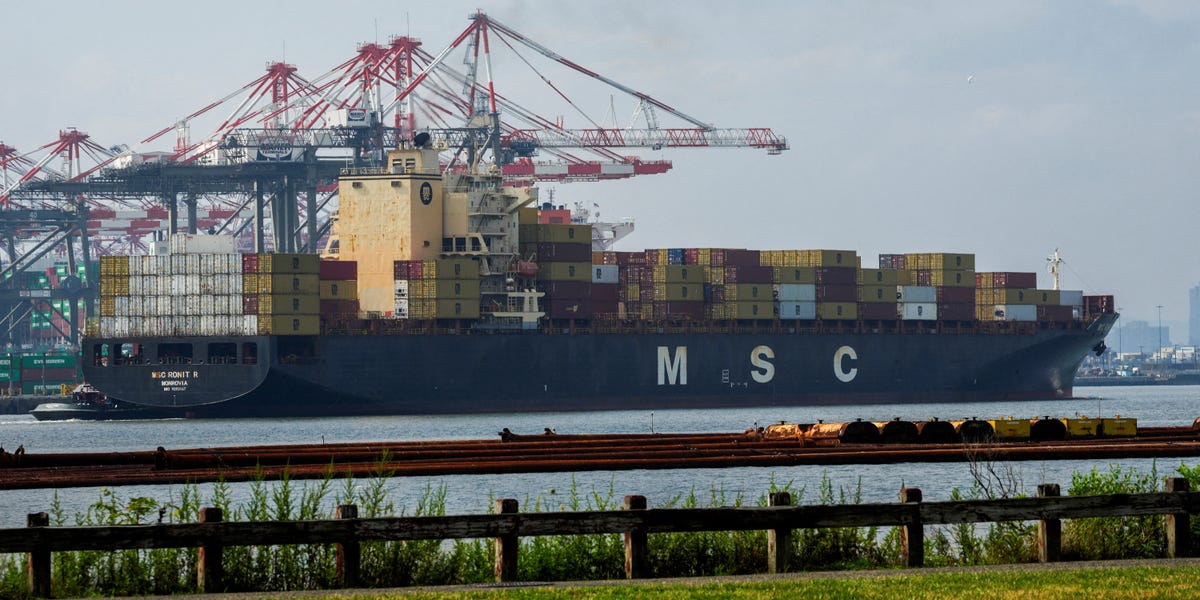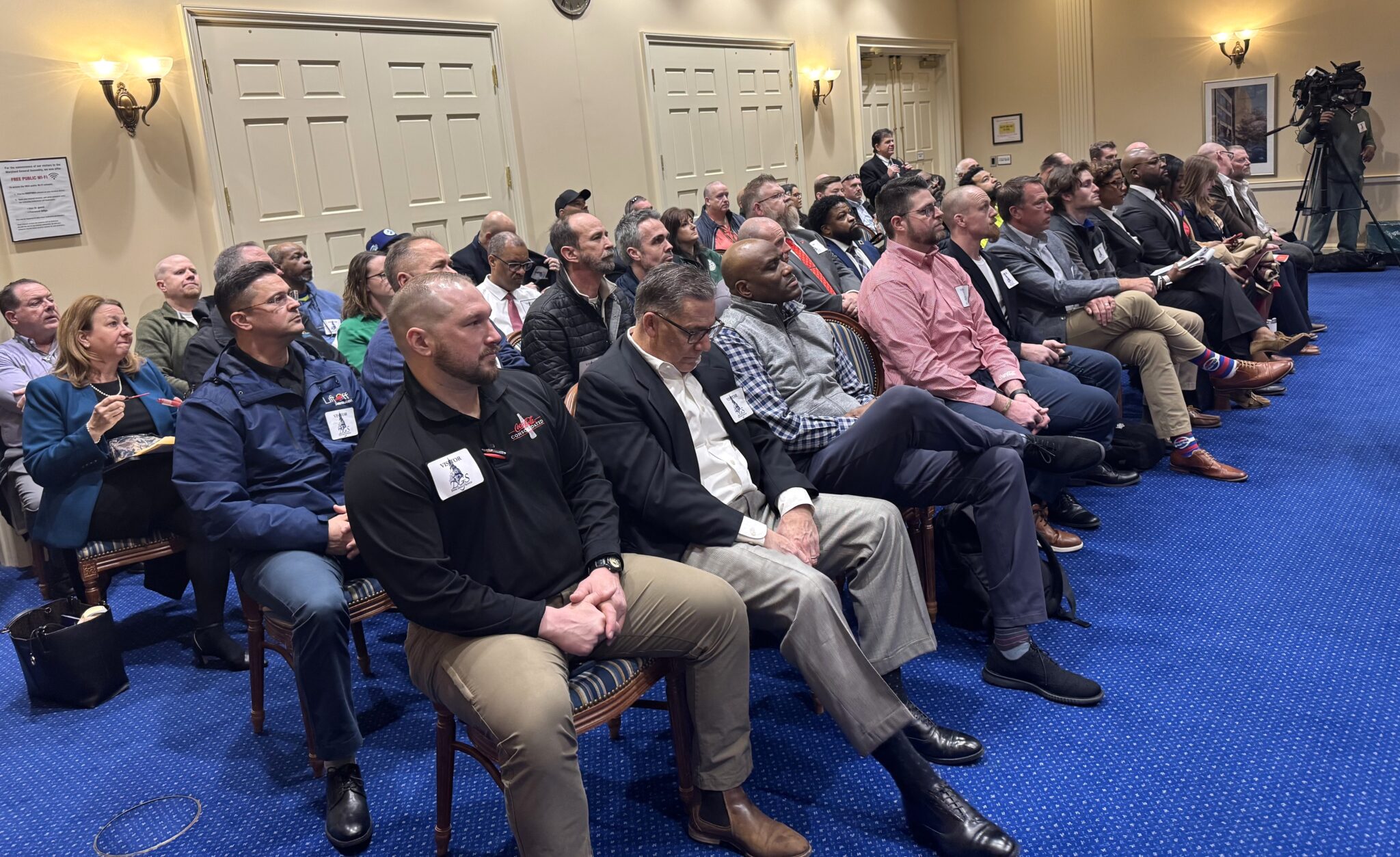Small Business Shock: De Minimis Exemption Cuts Spark New Economic Headache

Small businesses are grappling with a significant financial challenge as a crucial customs duty exemption comes to an abrupt end, leaving entrepreneurs scrambling to adapt to new economic pressures. Since August, companies have been hit with unexpected and substantial customs bills that are dramatically increasing the cost of importing goods.
The sudden removal of the long-standing low-value parcel exemption has sent shockwaves through the small business community, forcing many to reevaluate their international trade strategies. Shipping costs have skyrocketed, creating a perfect storm of financial strain for small enterprises already navigating a complex global marketplace.
Entrepreneurs are now facing the harsh reality of increased expenses, which threaten to squeeze already tight profit margins. The change means that even small shipments now incur additional fees, potentially making some international trade routes less viable for smaller businesses.
This regulatory shift represents a significant challenge for small business owners, who must now quickly adapt their import strategies to manage these new financial burdens. Many are exploring alternative sourcing methods, negotiating with suppliers, and seeking creative solutions to mitigate the impact of these increased costs.








